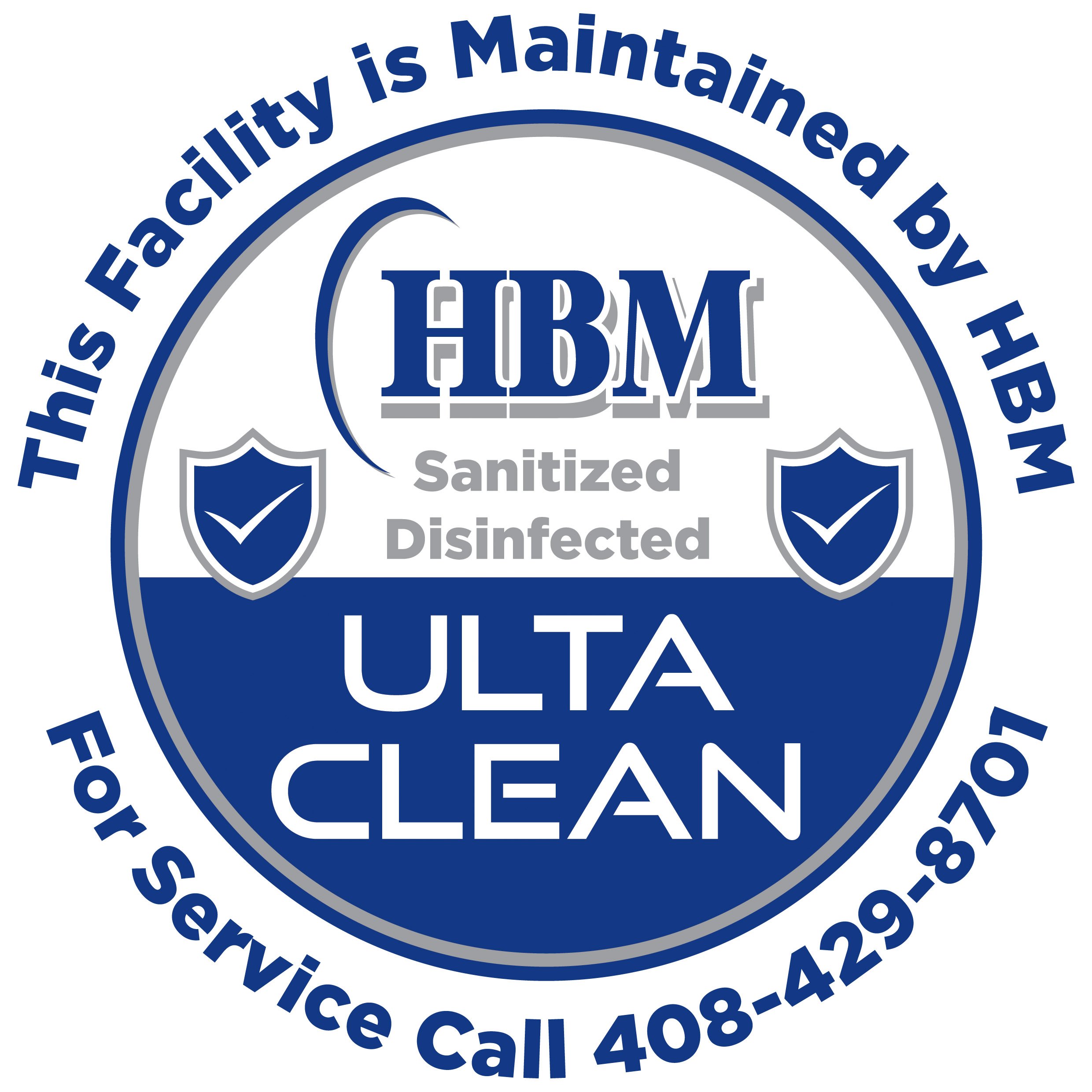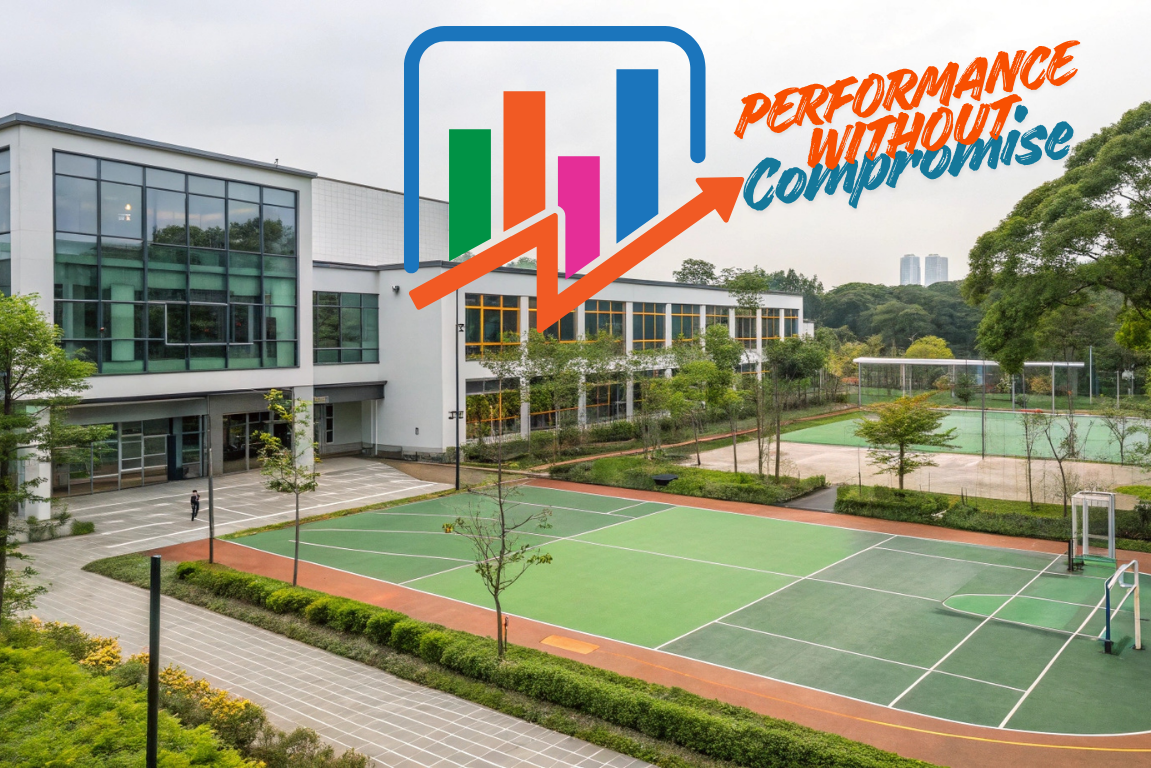By December, most independent school leaders are running on two speeds: fast and faster.
Between year-end reports, admissions planning, and mid-year budget reviews, facilities are often running quietly in the background until something breaks. A boiler that won’t cooperate. A string of work orders that never seem to end. A vendor who can’t fit your schedule in until February.
These aren’t failures; they’re symptoms of how complex running a school really is. And that’s exactly why winter break is one of the most valuable times of the year.
When the campus quiets down, operations finally have space to breathe. The empty classrooms and open schedules create an opportunity few school leaders fully capitalize on the chance to catch up, clean up, and recalibrate for the months ahead.
This post isn’t about checklists. It’s about how to use the winter break as a strategic window, not just to maintain, but to strengthen the systems that keep your campus thriving.
Planning winter projects on campus?
Start with our Facilities Self-Audit Toolkit , a quick-reference resource designed to help your team assess current conditions, uncover blind spots, and identify high-impact tasks that can be tackled during the quiet weeks of winter break. It’s a simple but powerful way to align projects with budget, bandwidth, and long-term goals.
1. The Quiet Advantage: Why Winter Break Matters
Winter break isn’t simply downtime; it’s found time.
For most schools, it's the only period when teams can move freely across campus without impacting classes, events, or student life. That uninterrupted access translates to:
- Faster project completion - no daily resets or workarounds
- Lower risk and liability - fewer people onsite means fewer hazards
- Cost efficiency - maintenance and repairs are cheaper before they become emergencies
More importantly, it’s a chance for school leaders to pause and take stock. Where are you overextended? What can be handled in-house? What needs to be addressed before it spirals into spring?
2. The Common Gaps Schools Overlook
Even well-managed schools encounter the same recurring challenges this time of year, especially when facilities responsibilities are split between multiple teams or vendors.
Here are a few familiar patterns we see:
- Reactive repair cycles: Crews spend more time fixing than preventing.
- Vendor silos: Communication breaks down when accountability is split.
- Deferred projects: Urgent academic priorities push preventive work aside.
- Budget surprises: Without visibility, costs appear midyear — never forecasted.
- Skill gaps: Generalists stretched across technical systems (HVAC, lighting, safety) that require specialists.
Schools often assume these issues stem from resources, but more often, they stem from structure.
3. Six High-Impact Projects to Tackle During Winter Break
These are the high-value, low-interruption opportunities that give you the best return on time and effort:
1. HVAC & Indoor Air Quality Review
Fluctuating winter temperatures test aging systems. Use the break to:
- Replace filters, inspect ductwork, and confirm calibration
- Review usage data to detect inefficiencies
- Plan for spring upgrades before procurement rushes begin
Benefit: Reduces midyear downtime and energy waste while improving comfort and IAQ.
2. Lighting Upgrades and Compliance
Shorter days mean heavier lighting use.
- Replace fluorescent bulbs with LEDs (AB2208 compliant)
- Check exterior pathways and parking for visibility gaps
- Add occupancy sensors to conserve energy
Benefit: Enhanced safety, lower energy costs, and progress toward sustainability goals.
For a deeper look at how lighting and energy upgrades fit into this broader landscape, see our post on LED Lighting Efficiency & Campus Upgrades.
3. Preventive Grounds and Drainage Work
Winter rain can expose unnoticed vulnerabilities.
- Clear gutters and drains
- Inspect retaining walls and slopes
- Trim back trees near power lines or walkways
Benefit: Avoid flooding, property damage, and emergency repairs later in the season.
4. Deferred Maintenance & Safety Walkthrough
- Address known minor issues: flooring, handrails, locks, - paint, ADA compliance
- Conduct safety and security checks with updated protocols
Benefit: Small fixes now prevent expensive emergencies during peak months.
5. Energy Efficiency and EMS Updates
If your school uses an Energy Management System or even a manual log, this is the time to review it.
- Benchmark current energy use
- Identify peak waste points (lighting, HVAC, plug loads)
- Adjust run times for low occupancy
Benefit: Lower utility costs, better planning data, and measurable sustainability progress.
6. Deep Cleaning and Sanitation
The simplest yet most satisfying win:
- Floors, carpets, windows, and restrooms get thorough resets
- Include vents, fixtures, and touchpoints
- Don’t forget storage areas or mechanical rooms
Benefit: A visibly cleaner campus that sets a refreshed tone for the spring semester.
4. Use the Break for Strategy, Not Just Maintenance
Winter break isn’t just a to-do list, it’s a strategic review. Encourage your leadership or facilities team to step back and ask:
- What did we spend most of our maintenance time on this semester?
- What can we plan differently to reduce reactive work?
- Do we have the right people, systems, and structure to stay ahead?
- Where are we still relying on outside vendors when in-house expertise could grow?
This short pause can be the difference between starting the new year in reaction mode or launching into it with a clear, proactive plan.
Don’t Let Winter Break Slip Away Unused
With winter break fast approaching, the window to make meaningful progress on your campus is closing quickly. If your team is already stretched thin or uncertain about what can actually get done, you're not alone.
We invite you to schedule a free Facilities Strategy Session to help you pinpoint the right priorities, assess internal bandwidth, and identify where outside support may be needed before the clock runs out.
What you can expect: brief yet actionable conversations designed to leave you with a clear sense of what to do next and how to get it done with the resources you already have.
Schedule Your Strategy Session and set your campus up for a strong return in January.


.jpg)



-1.png)

